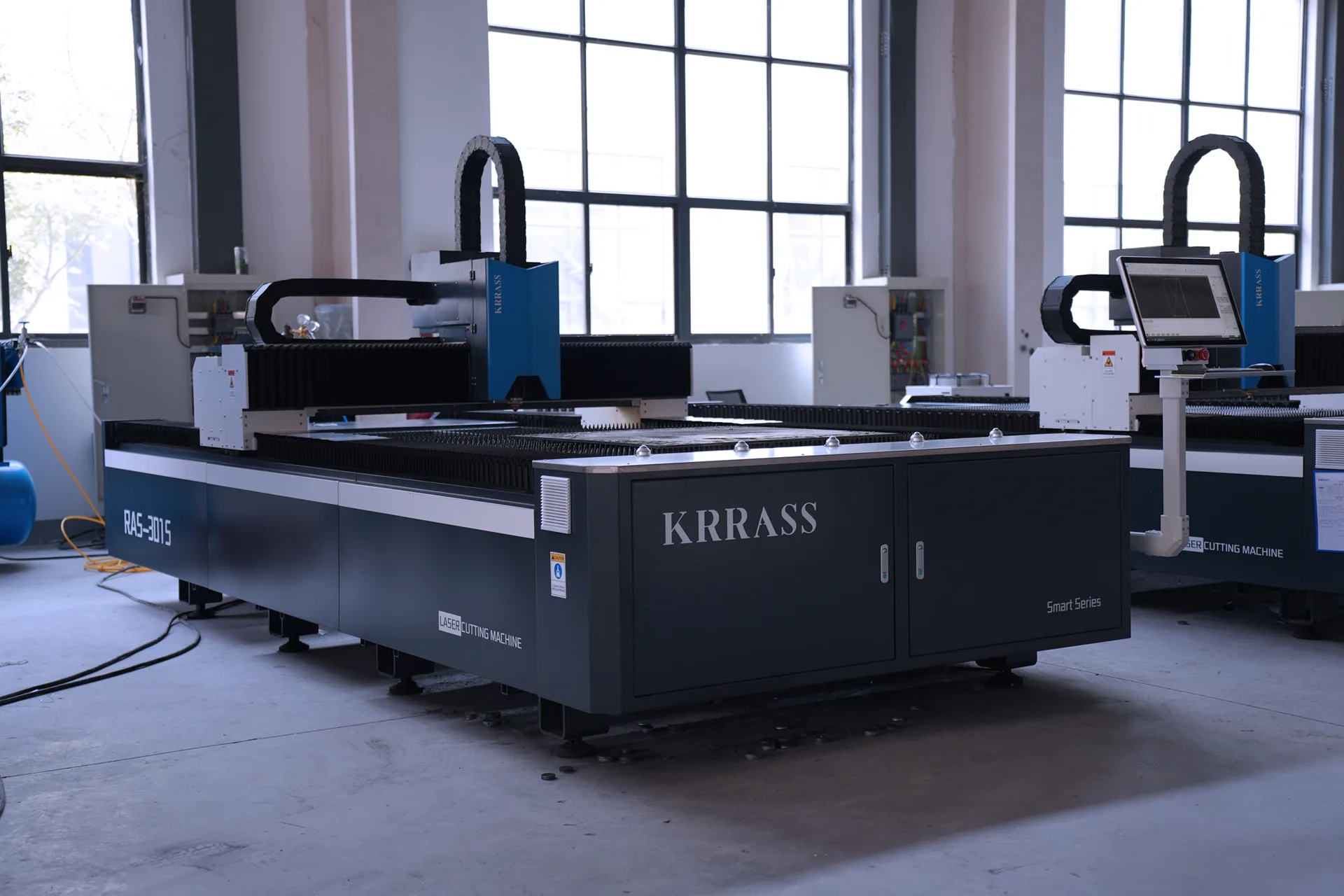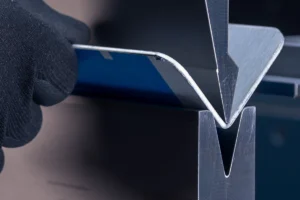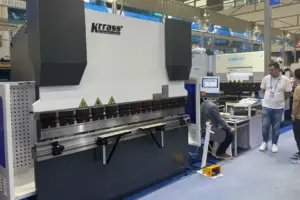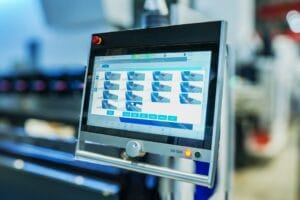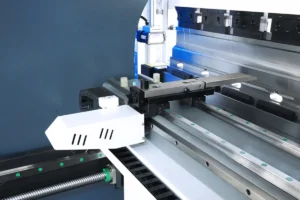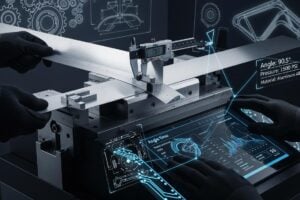Introduction
The automotive industry has always been at the forefront of adopting new technologies to improve efficiency, safety, and design. One of the most transformative tools in recent years is the fiber laser cutting machine. By combining advanced laser technology with the demands of precision manufacturing, automakers can now achieve levels of quality and speed that were unimaginable with traditional cutting methods.
This article explores the top 5 advantages of fiber laser cutting in the automotive industry, demonstrating how it enhances production processes, reduces costs, and shapes the future of vehicle design.
👉 Learn more about KRRASS’s company expertise in providing world-class laser cutting machines for industrial applications.
1. High Precision in Automotive Component Manufacturing
Accuracy is everything in modern car production. Even a slight deviation can affect safety and performance.
- Fiber laser cutting ensures extremely fine tolerances (±0.05 mm).
- Complex parts like body panels, engine brackets, and exhaust components can be cut with precision manufacturing standards.
- Consistency is maintained even in large-scale production runs.
This level of precision helps automotive companies meet strict safety regulations while reducing material waste.
👉 Explore the latest fiber laser cutting solutions designed for high-precision metal processing.
2. Faster Production and Higher Efficiency
The automotive industry runs on speed—production cycles must be short, and downtime is costly.
| Technology | Cutting Speed | Setup Time | Repeatability |
|---|---|---|---|
| Fiber Laser Cutting | Very High | Quick, automated | Excellent |
| CO2 Laser Cutting | Medium | Moderate | Good |
| Plasma Cutting | High | Long | Fair |
Fiber lasers excel at cutting speed, making them ideal for mass production in the automotive industry. Reduced setup time means manufacturers can shift between different car models and parts seamlessly.
(Reference: The Welding Institute)
3. Cost Efficiency and Material Savings
Fiber lasers may have a higher upfront investment, but they generate savings over time:
- Lower energy consumption compared to CO2 systems.
- Minimal consumables (no mirrors or gas tubes).
- Less material waste due to precise cuts.
Automotive manufacturers report up to 20% savings in material costs when switching from plasma or CO2 cutting to fiber lasers.
4. Flexibility in Materials and Design
Modern vehicles use a mix of metals:
- Mild steel for structural components.
- Aluminum for lightweight frames.
- High-strength alloys for safety-critical parts.
Fiber lasers can cut all of these materials efficiently. This versatility enables carmakers to innovate in design while maintaining structural integrity.
👉 Complement laser cutting with KRRASS press brake solutions for bending and shaping automotive components.
5. Supporting Sustainability and Green Manufacturing
Sustainability is no longer optional—it’s a global requirement. Fiber laser cutting supports eco-friendly production by:
- Reducing energy usage by up to 70% compared to CO2 cutting.
- Minimizing scrap material with precision cutting.
- Producing fewer emissions than plasma cutting.
This aligns with international automotive sustainability standards (World Steel Association).
Fiber Laser Cutting and Industry 4.0
Fiber laser systems integrate seamlessly with smart factories:
- IoT sensors provide real-time monitoring.
- AI-based predictive maintenance reduces downtime.
- Automation improves overall efficiency.
This positions fiber laser cutting as the backbone of future automotive manufacturing plants.
Case Study: Fiber Laser Cutting in Automotive
A European car manufacturer replaced plasma cutters with fiber laser cutting machines. The results:
- 30% faster production cycles
- 25% reduction in material waste
- Improved precision in body panel cutting
- Enhanced vehicle safety through better component accuracy
This demonstrates how laser technology is reshaping the automotive industry.
Conclusion
The fiber laser cutting machine has become a game-changer in the automotive industry, offering unmatched precision, speed, and efficiency.
Top 5 Advantages Recap:
- Superior precision and accuracy.
- Faster production with reduced downtime.
- Cost efficiency and material savings.
- Flexibility in materials and innovative designs.
- Sustainability and eco-friendly manufacturing.
👉 Learn more about KRRASS’s history and expertise
👉 Explore advanced laser cutter models
👉 Have questions? Contact us today
